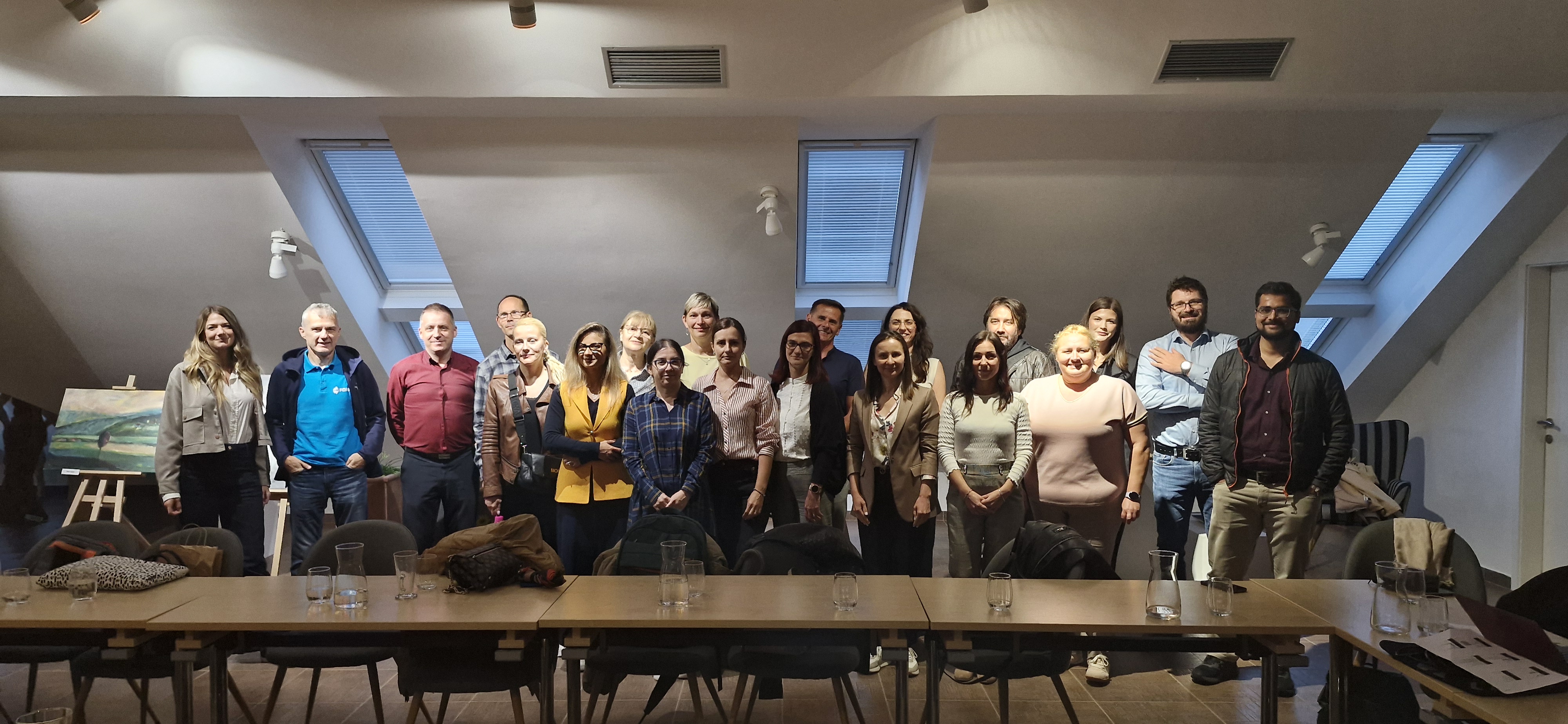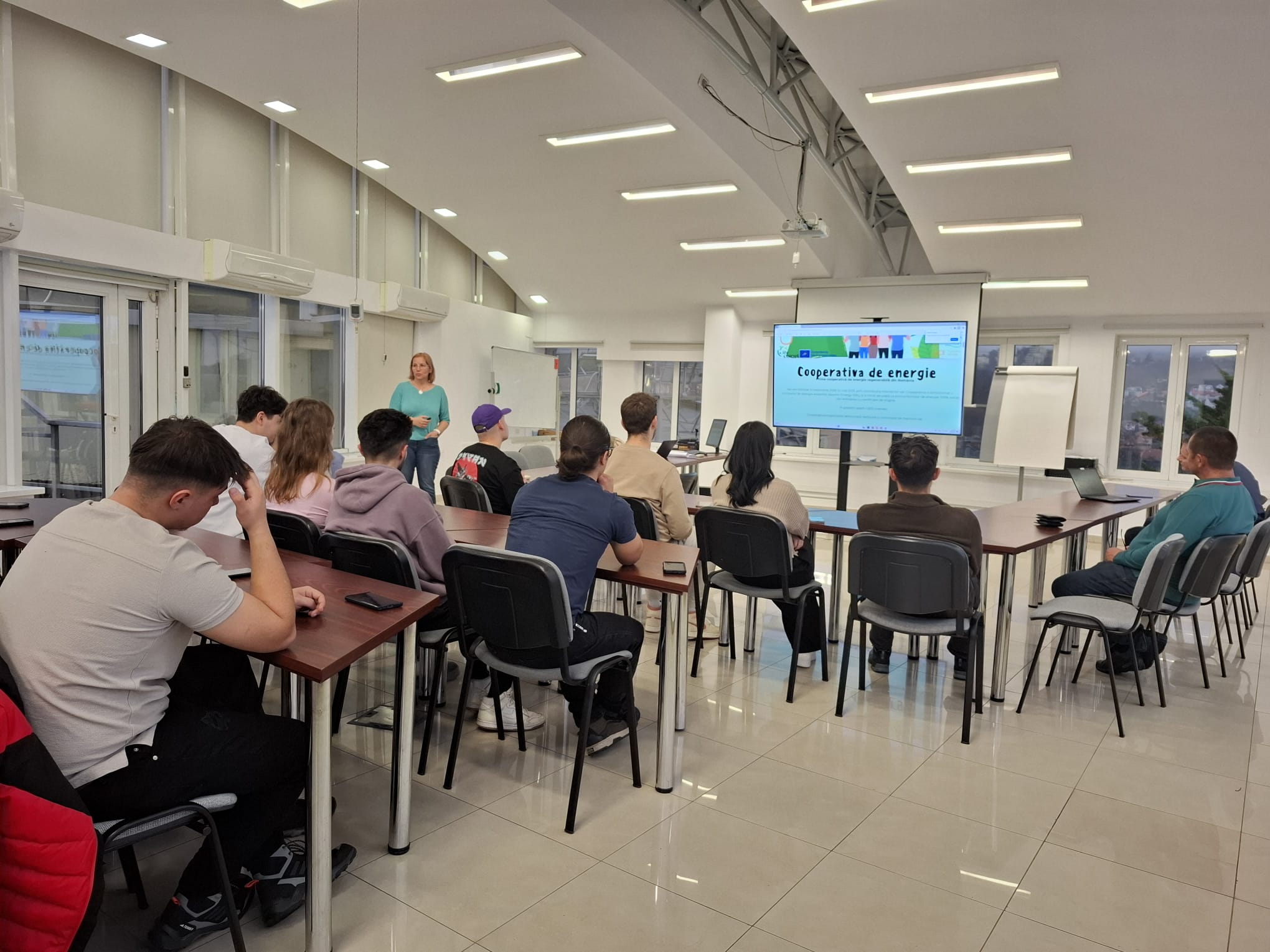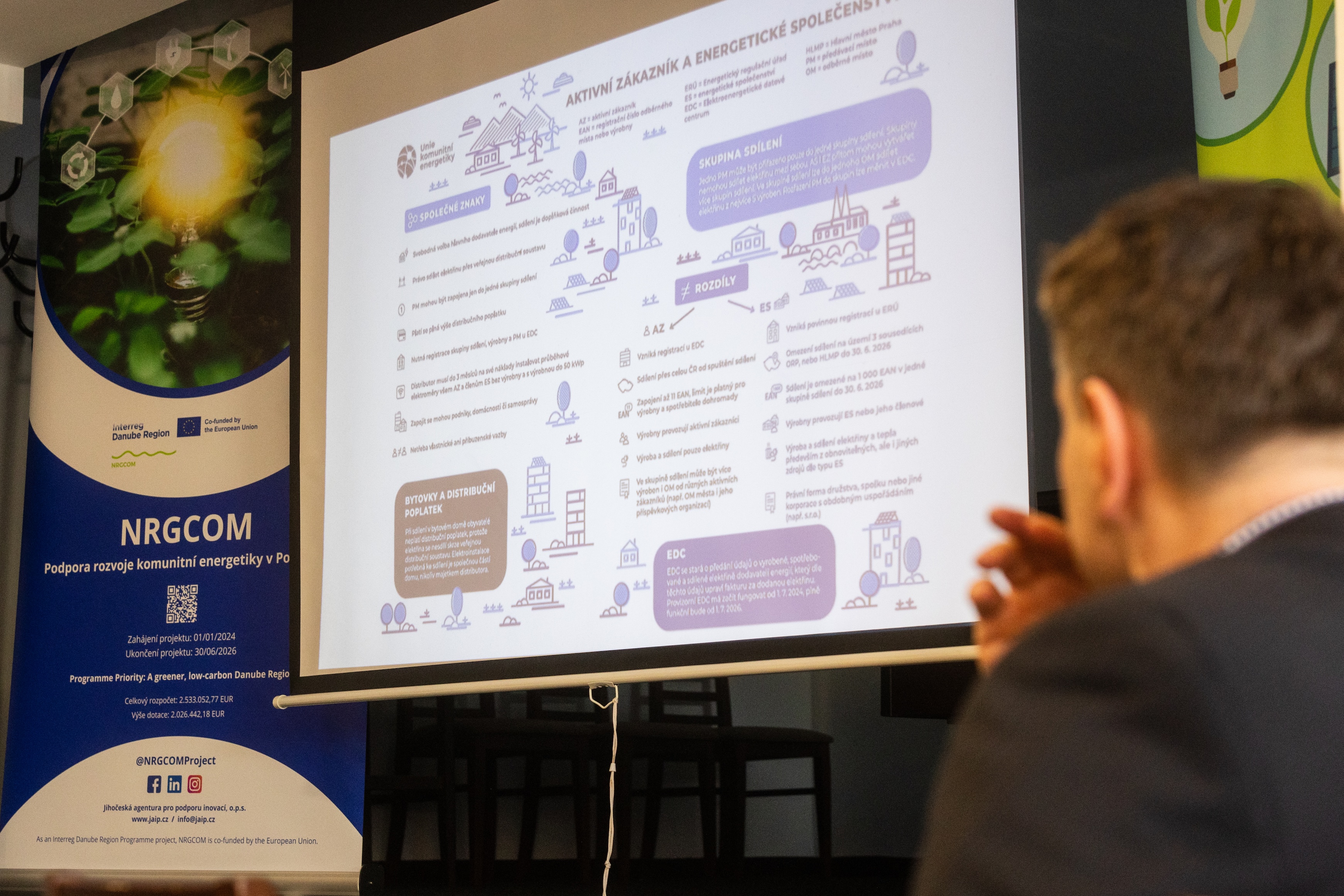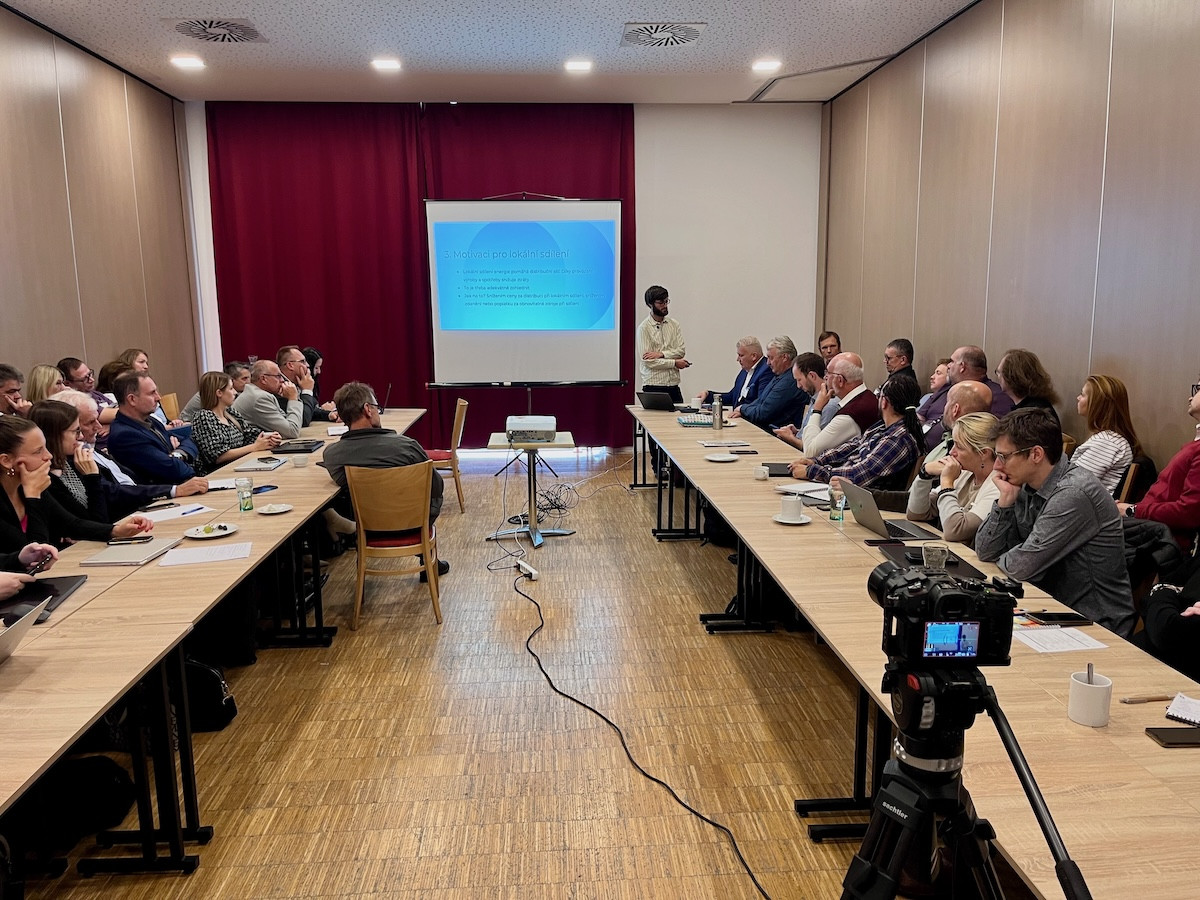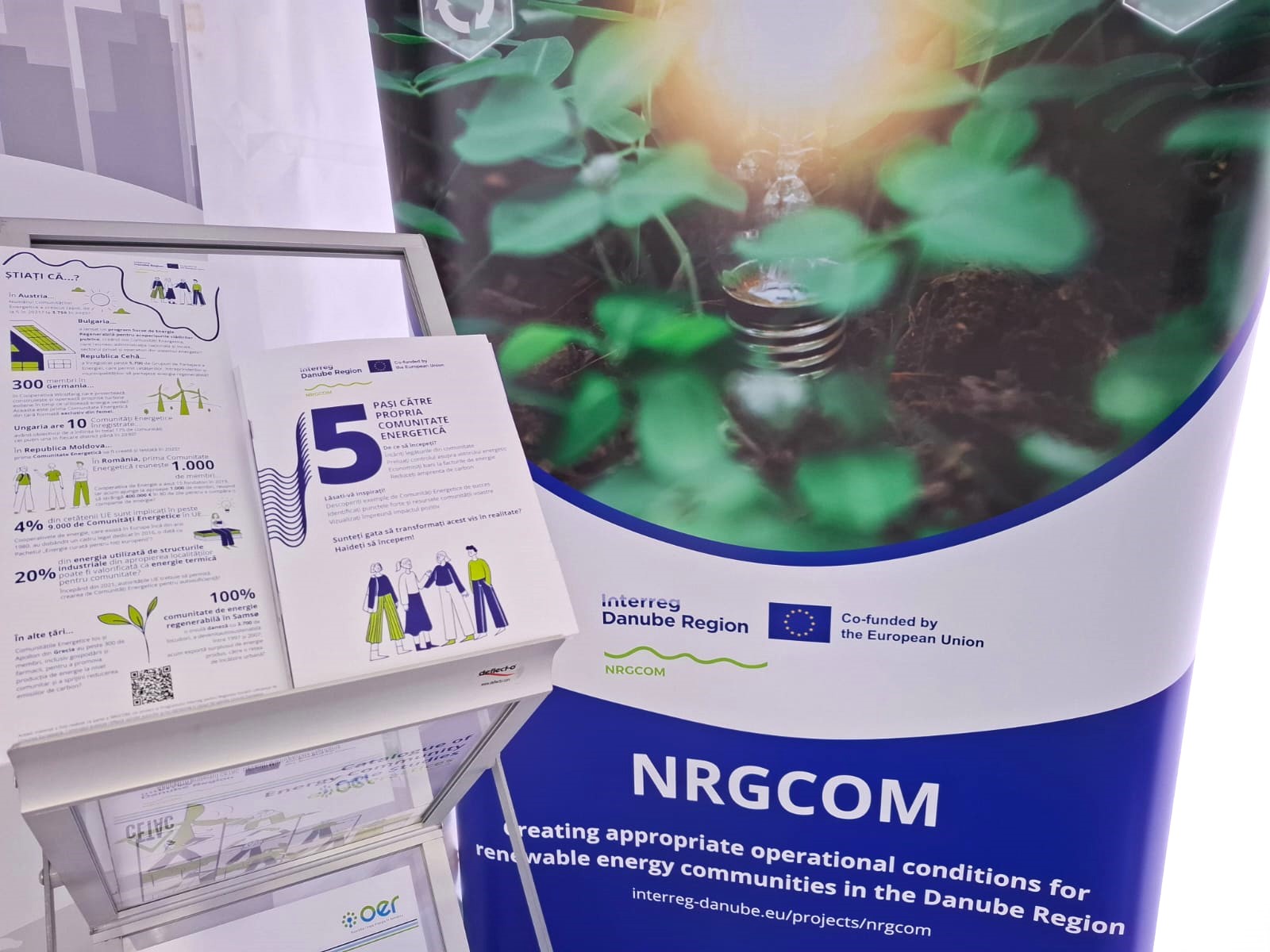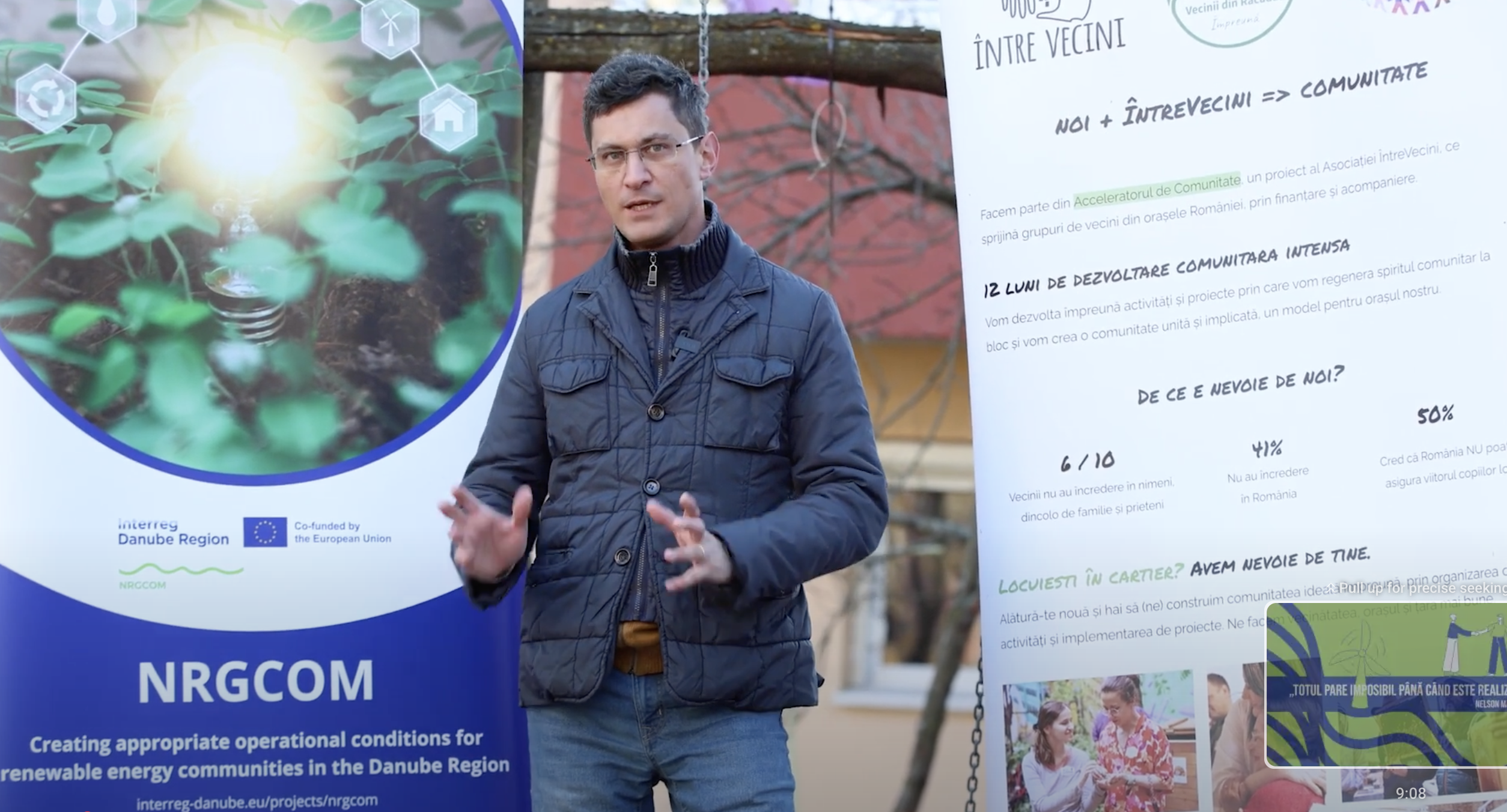
Legislative Developments in the Czech Republic: Opportunities and Gaps for RECs
In April 2025, the Czech government approved a draft law aimed at accelerating the deployment of renewable energy sources (RES). This legislative proposal represents an important step forward in supporting the country’s energy transition, especially in speeding up the permitting process for solar and wind installations. While the law introduces several positive innovations aligned with EU directives, particularly RED III and the RePowerEU initiative, its current form reveals critical gaps—particularly with regard to public engagement, community energy, and grid capacity planning.
The new law proposes the establishment of “acceleration zones”—predefined territorial areas designated for the construction of renewable energy sources, where permitting procedures will be significantly simplified and shortened. These zones are to be determined by municipalities and regional governments through spatial planning documents and specialized territorial measures. Once established, acceleration zones would be subject to a strategic environmental assessment (SEA) at the planning stage, which would remove the need to conduct environmental impact assessments (EIA) for each individual project. The goal is to streamline processes, increase legal certainty for investors, and facilitate large-scale deployment of renewable sources—particularly wind energy, which has thus far stagnated in the Czech Republic.
A key feature of the law is the introduction of strict deadlines for the permitting process. In acceleration zones, decision-making should not exceed 60 days, and for small photovoltaic systems under 100 kW, just 30 days. In addition, the law introduces a legal mechanism of “tacit approval”—if the relevant authority fails to issue a decision within the deadline, the application will be considered automatically approved. These innovations are designed to meet EU requirements for faster administrative processes and boost investor confidence.
However, several critical challenges and omissions raise concerns from the perspective of enabling and supporting renewable energy communities (RECs). Firstly, community involvement is insufficiently addressed. While municipalities are assigned a central role in defining acceleration zones, the draft law does not include any binding mechanisms for public participation or the integration of civic-led energy initiatives. The concept of RECs is notably absent from the legal text, and there are no provisions to actively promote or support the formation of citizen-owned energy projects within the new framework. This is a missed opportunity to align the legislation with the EU’s vision of a just, inclusive, and decentralized energy transition.
Secondly, the law fails to address the limitations of the current electricity grid. It does not provide a mechanism to prevent the designation of acceleration zones in areas where grid capacity is already exhausted. Without a clear framework for coordination with distribution system operators (DSOs) and the transmission system operator (TSO), there is a significant risk that newly planned renewable energy projects—whether community-based or commercial—may not be technically feasible due to the lack of available grid capacity.
Additionally, there is insufficient systemic support for local governments. Municipalities and regional authorities are expected to take on major responsibilities, such as identifying appropriate locations for acceleration zones and processing applications under accelerated timelines. However, there are no guarantees of financial or technical support to help them fulfil these tasks effectively. Without targeted assistance, there is a risk of capacity overload and inconsistent implementation across regions.
From a community perspective, the law also omits crucial tools for fostering local acceptance. Large-scale renewable energy projects can have visible impacts on local environments, infrastructure, and daily life. While the government plans to introduce a compensation mechanism—e.g., through payments from wind farm operators to municipalities—the law does not include broader requirements for transparent consultation, benefit-sharing, or community ownership models that could enhance public support and increase the legitimacy of projects.
In summary, while the proposed legislation marks progress in removing bureaucratic barriers for RES deployment, it still lacks the comprehensive, inclusive approach required to fully unlock the potential of renewable energy communities. The absence of binding measures for public engagement, coordination with grid operators, and targeted support for municipalities risks limiting the law’s long-term effectiveness and social acceptance.
To address the shortcomings identified in the proposed legislation, several considerations should be taken into account during the ongoing parliamentary process. First, the legal framework should be revised to explicitly integrate the concept of renewable energy communities (RECs), ensuring that acceleration zones are not only open to but actively supportive of citizen-led and locally-owned initiatives. Recognising the potential of RECs would align national efforts with the broader EU objective of fostering decentralised, inclusive energy systems.
Additionally, the law should establish a clear requirement for community consultation during both the planning and permitting stages. Transparent and participatory processes are essential for securing public support, addressing concerns early on, and strengthening local ownership of energy transition projects.
Equally important is the need for coordination between spatial planning authorities and grid operators. Without mechanisms to assess and account for grid capacity, there is a real risk of developing zones that are technically unfeasible due to congestion or insufficient infrastructure. Addressing this gap is critical to ensuring that acceleration zones function effectively in practice and not just on paper.
The role of municipalities also warrants stronger institutional and financial backing. Given the significant responsibilities assigned to them under the draft law—including the definition of acceleration zones and the administration of streamlined permitting processes—local authorities must be adequately equipped with the necessary resources, guidance, and support to fulfill their role.
Lastly, the promotion of civic ownership, benefit-sharing schemes, and participatory governance models should be encouraged within the broader policy framework. These elements not only increase the legitimacy and acceptance of renewable energy projects, but also contribute to social equity, resilience, and long-term sustainability.
As the legislative debate progresses, there remains a valuable window of opportunity to amend the draft law in a way that better reflects the principles of inclusiveness, cooperation, and strategic coherence. For the NRGCOM project and its network of partners, this development offers a timely occasion to reinforce advocacy efforts and highlight the critical role of energy communities in shaping a green and just energy transition in the Czech Republic.
News & Events
Read the most recent updates and explore the upcoming events.

